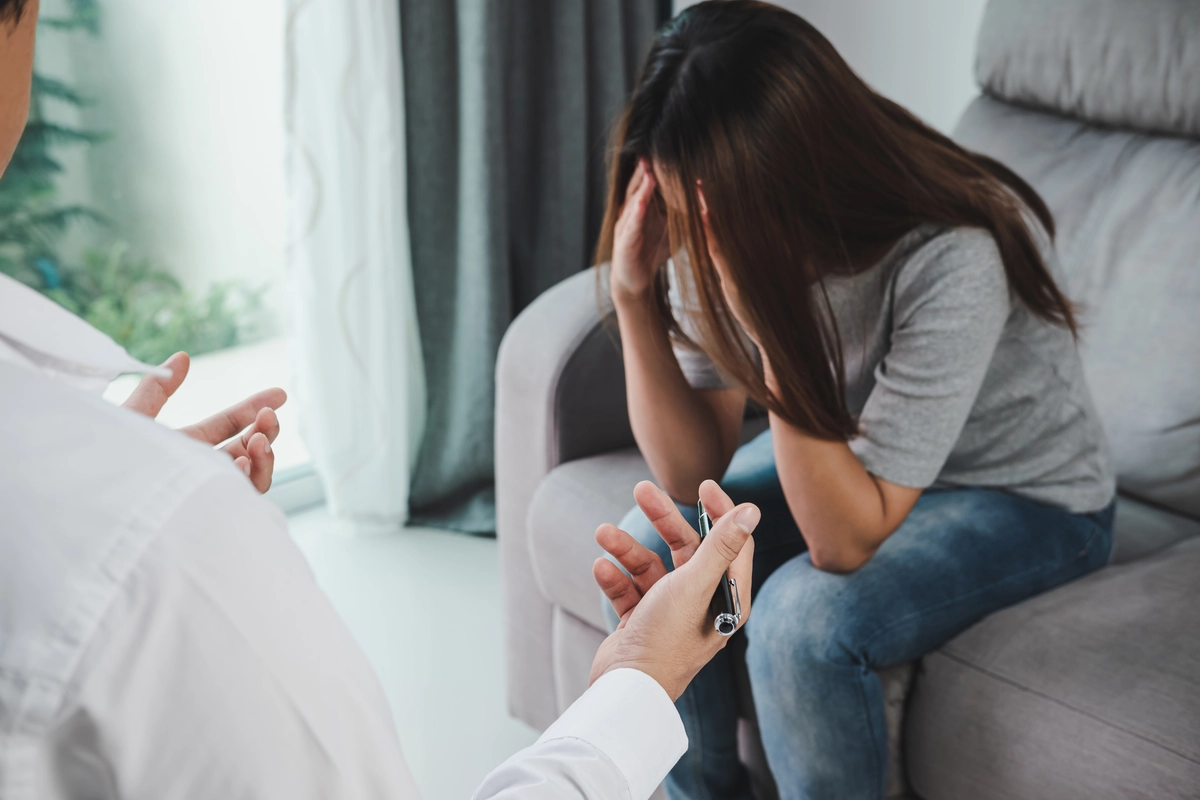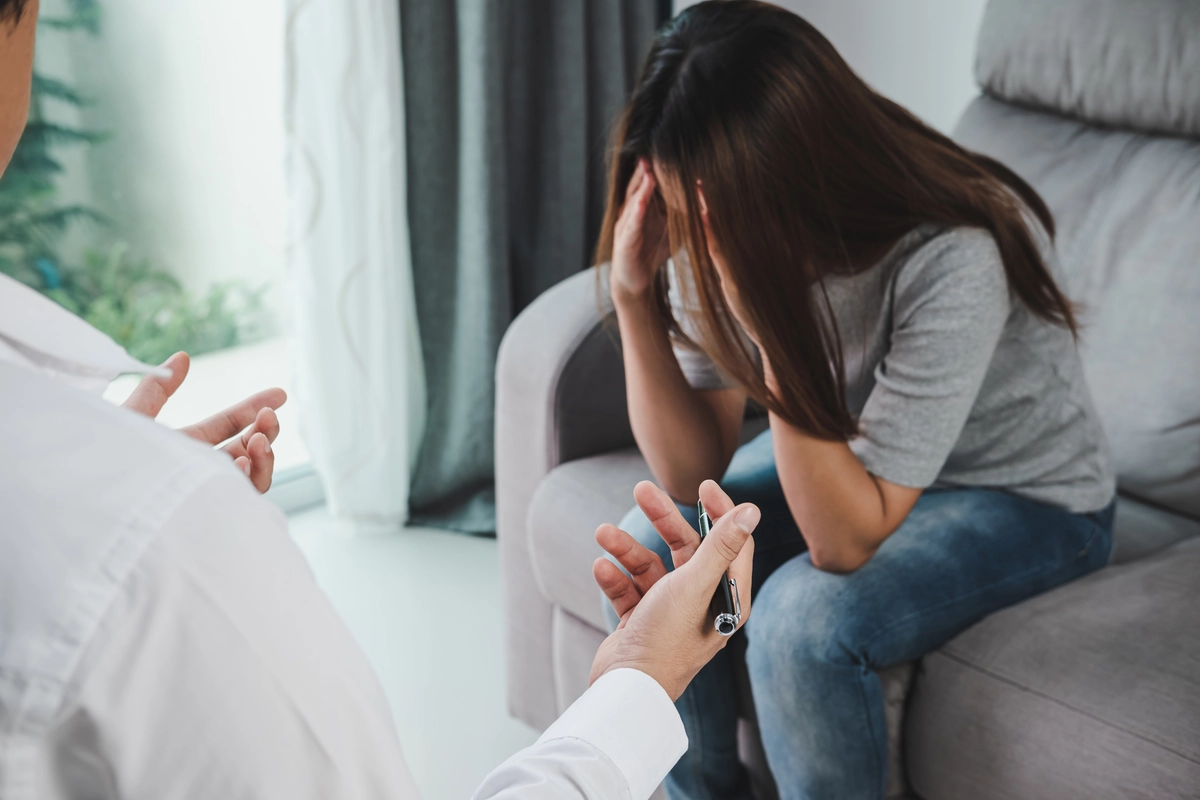24/7 Helpline:
(866) 899-221924/7 Helpline:
(866) 899-2219
Learn more about PTSD Treatment centers in Franklin County

Other Insurance Options

Providence

Magellan Health

WellCare Health Plans

Highmark

Sutter

Oxford

Health Net

American Behavioral

Absolute Total Care

Magellan

Kaiser Permanente

BlueCross

EmblemHealth

Medical Mutual of Ohio

GEHA

Cigna

CareFirst

UnitedHealth Group

United Health Care

MVP Healthcare















